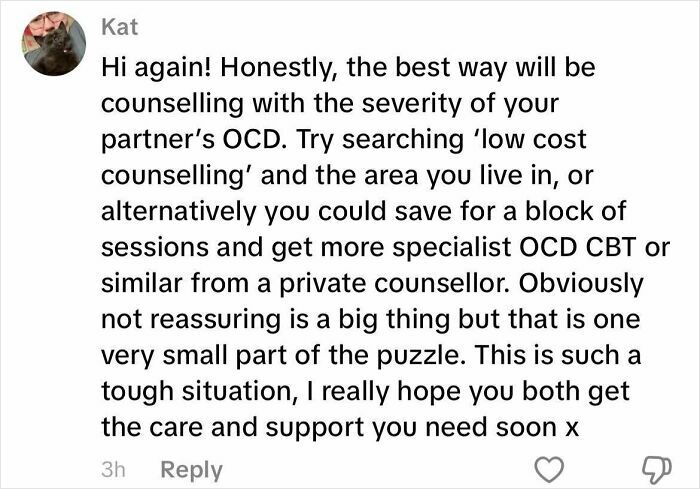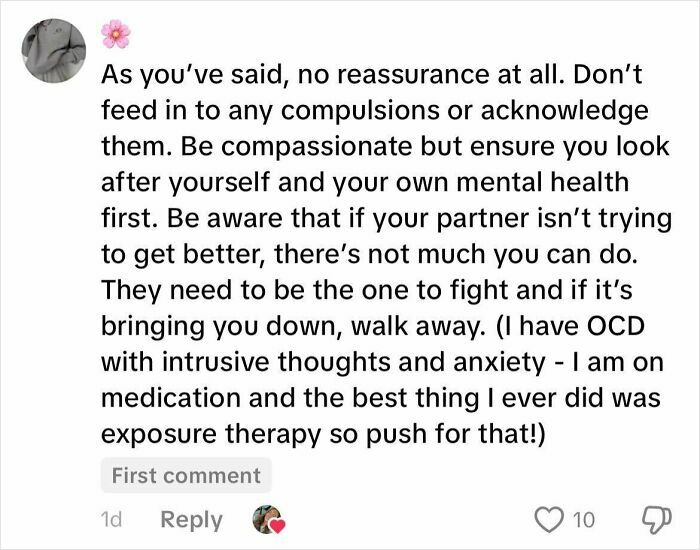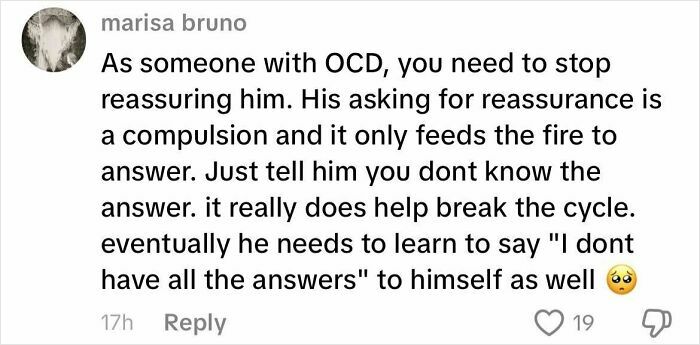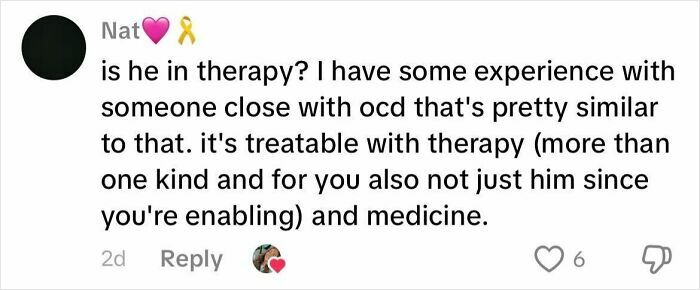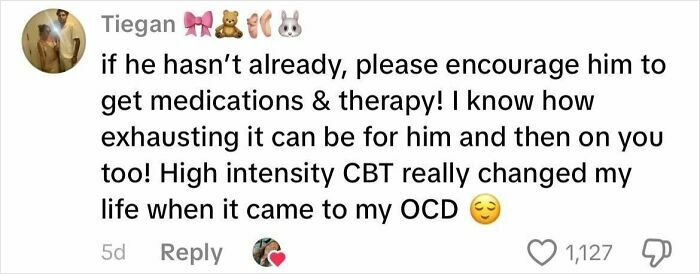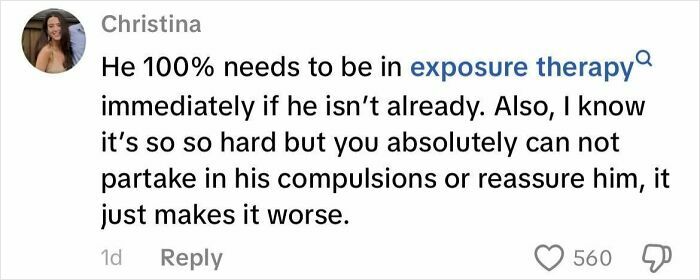Living with Obsessive Compulsive Disorder comes with many challenges. In the U.S., one in 40 adults and one in 100 children are diagnosed with the condition. But people don’t realize the toll that the disorder takes on the loved ones of those who have it – their lives might be just as forever changed.
“We’ll never have a normal life again,” a woman named Jodie, who’s living with a partner diagnosed with OCD, recently declared online. In a series of slides, she detailed her boyfriend’s behaviors. In the comments, people showed her overwhelming support and shared advice about the best ways she can support her partner.
Living with OCD is challenging for those who are diagnosed with it, but it’s stressful for their loved ones as well

Image credits: prostock-studio (not the actual photo)
One woman online broke down what it is like to live with a partner who has OCD
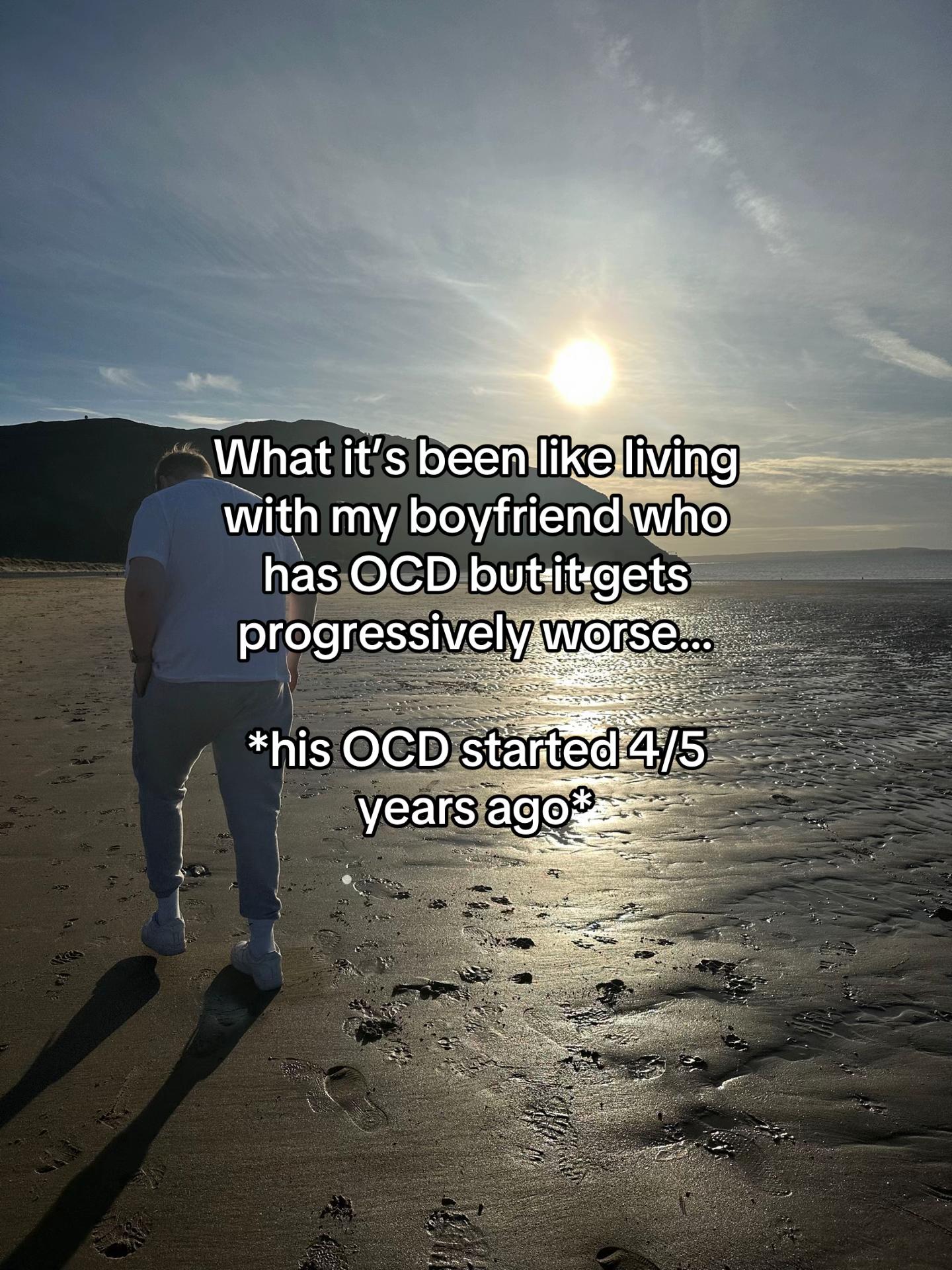



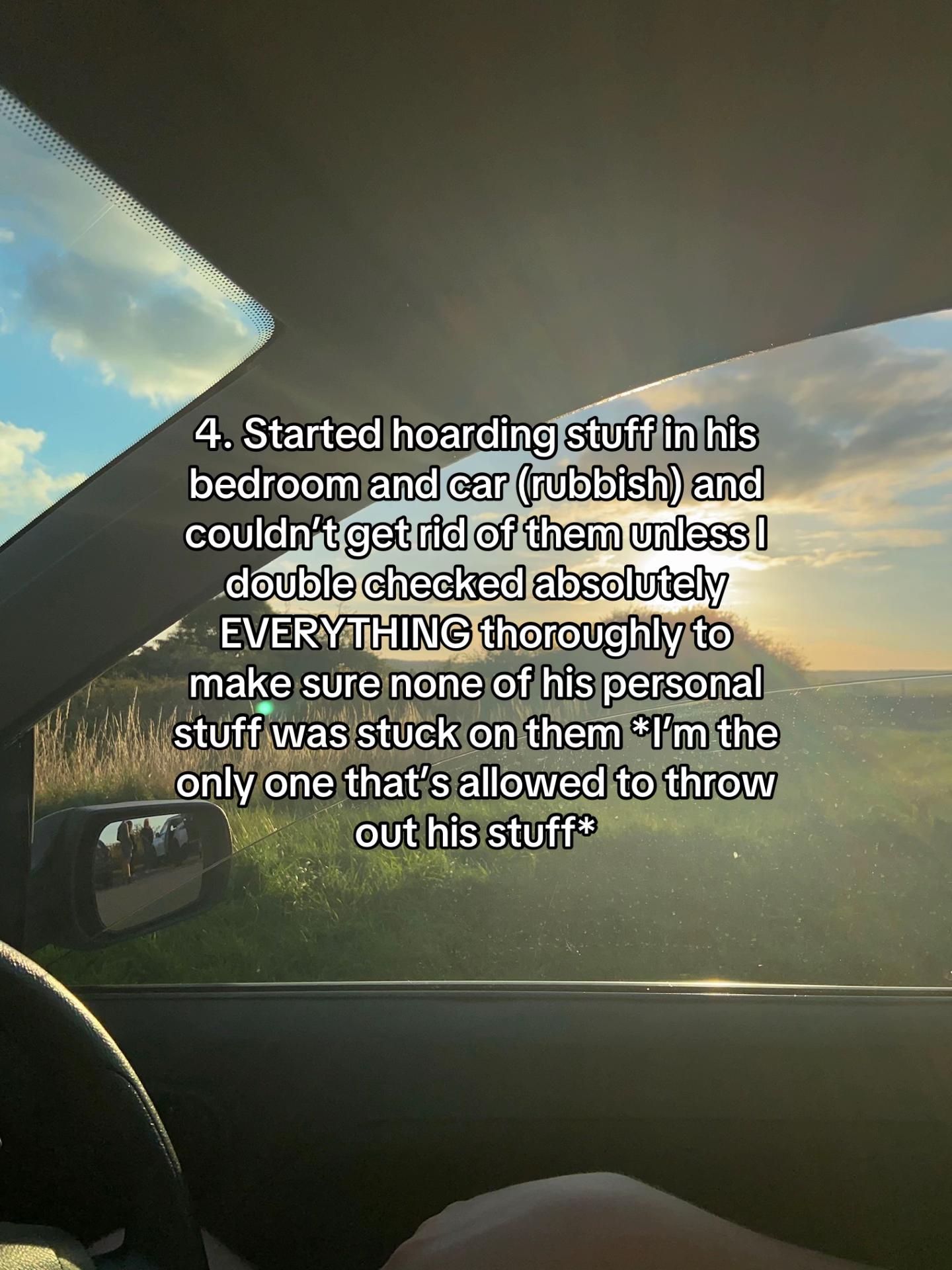

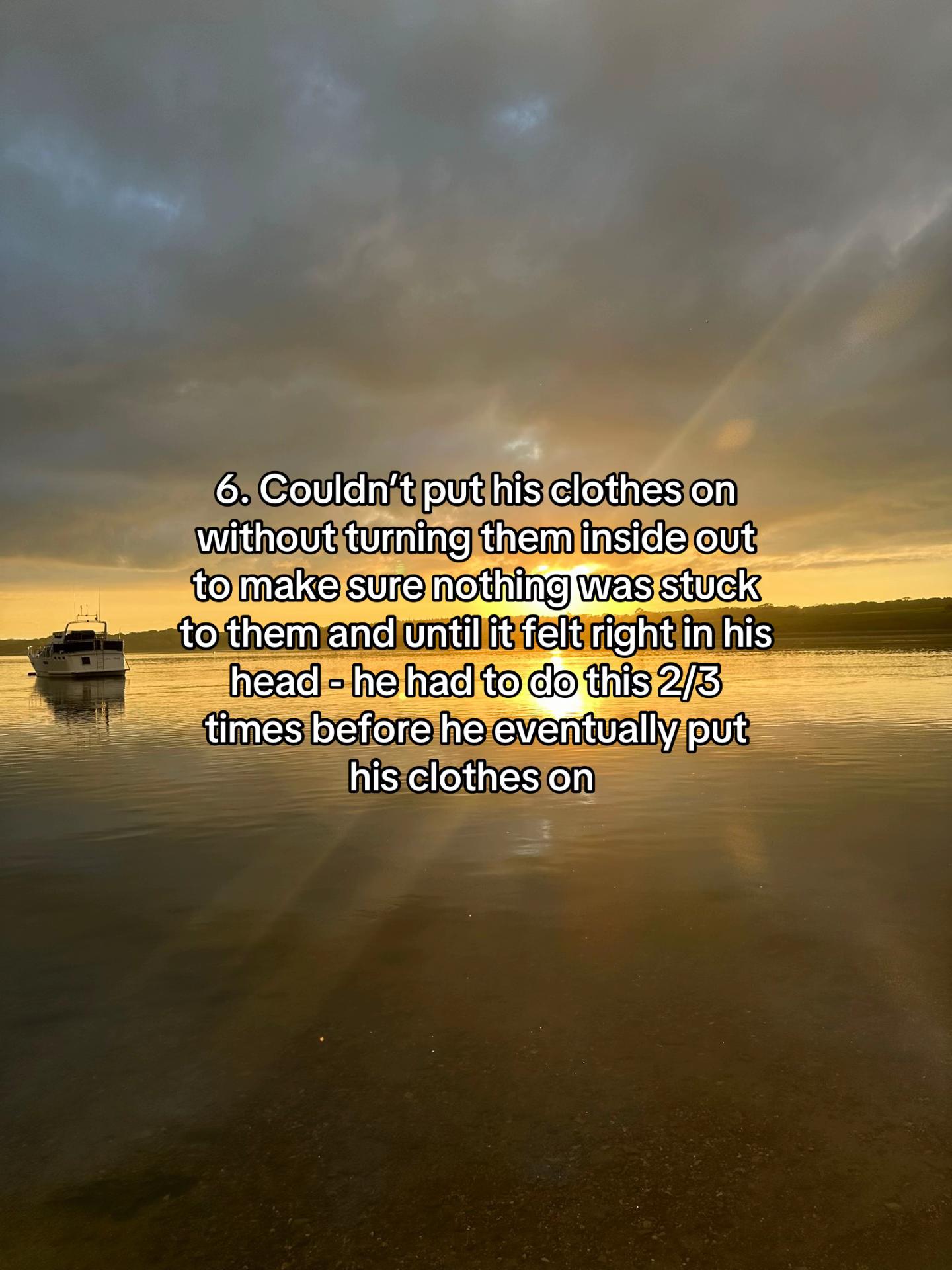
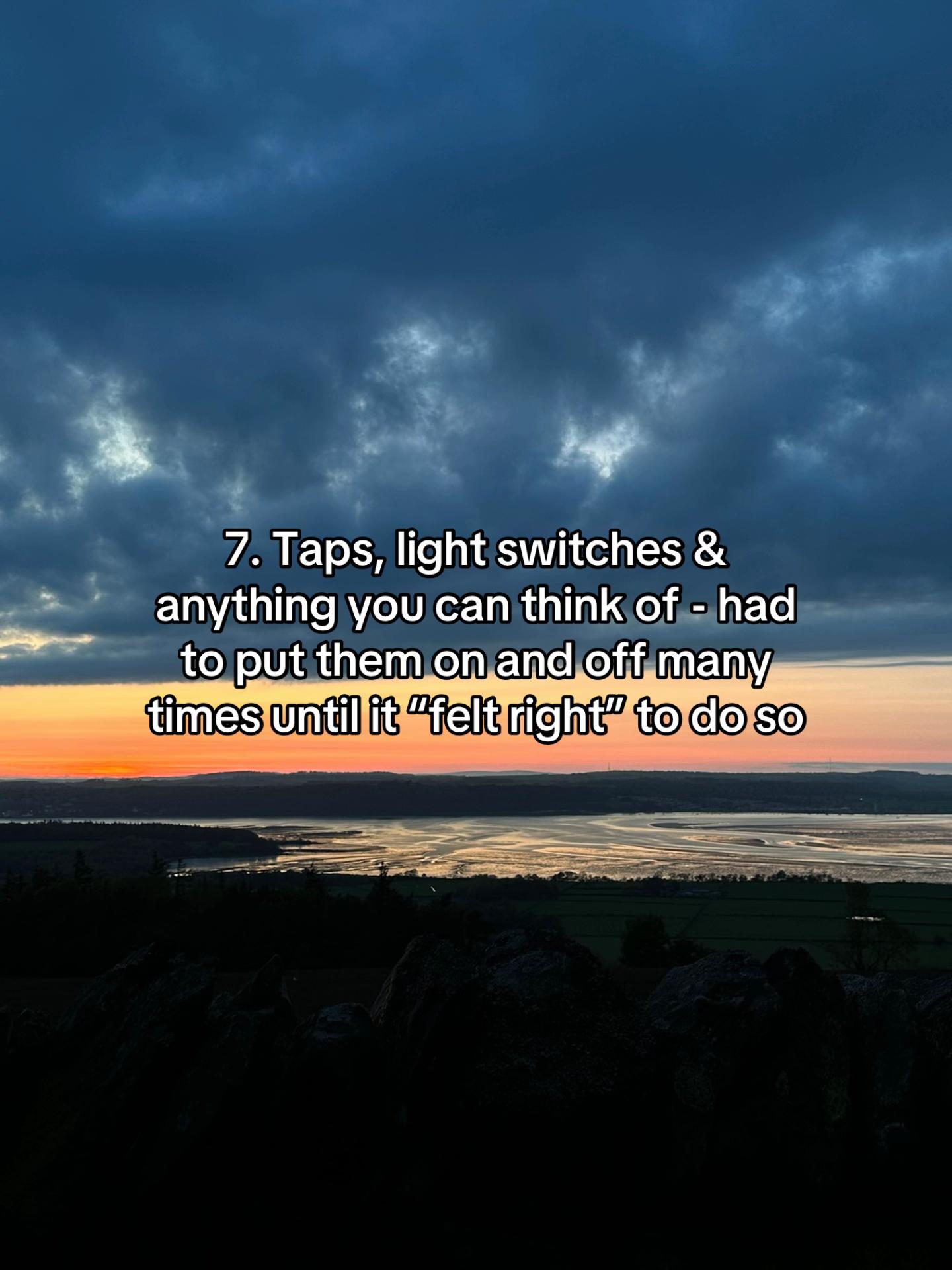

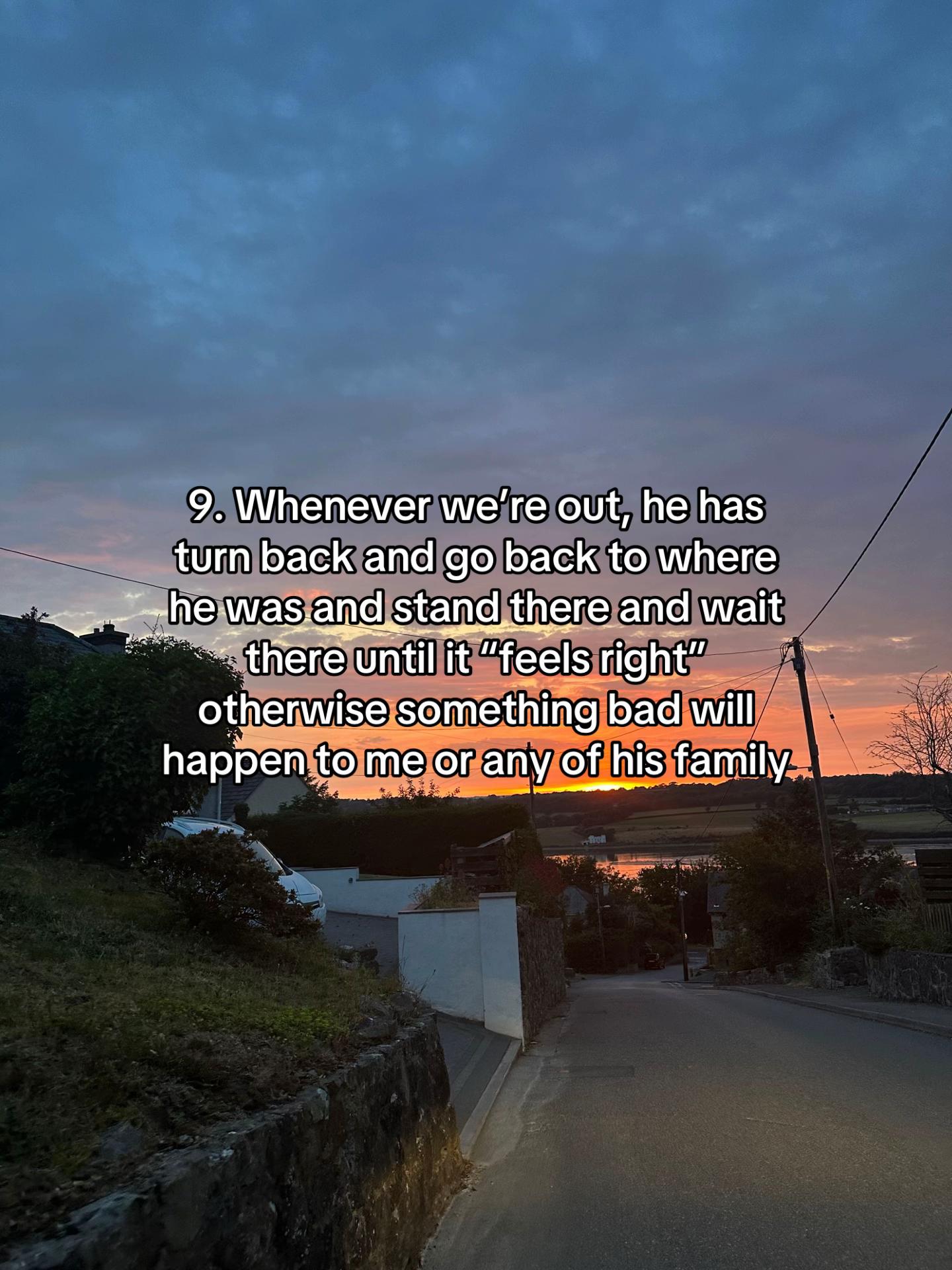
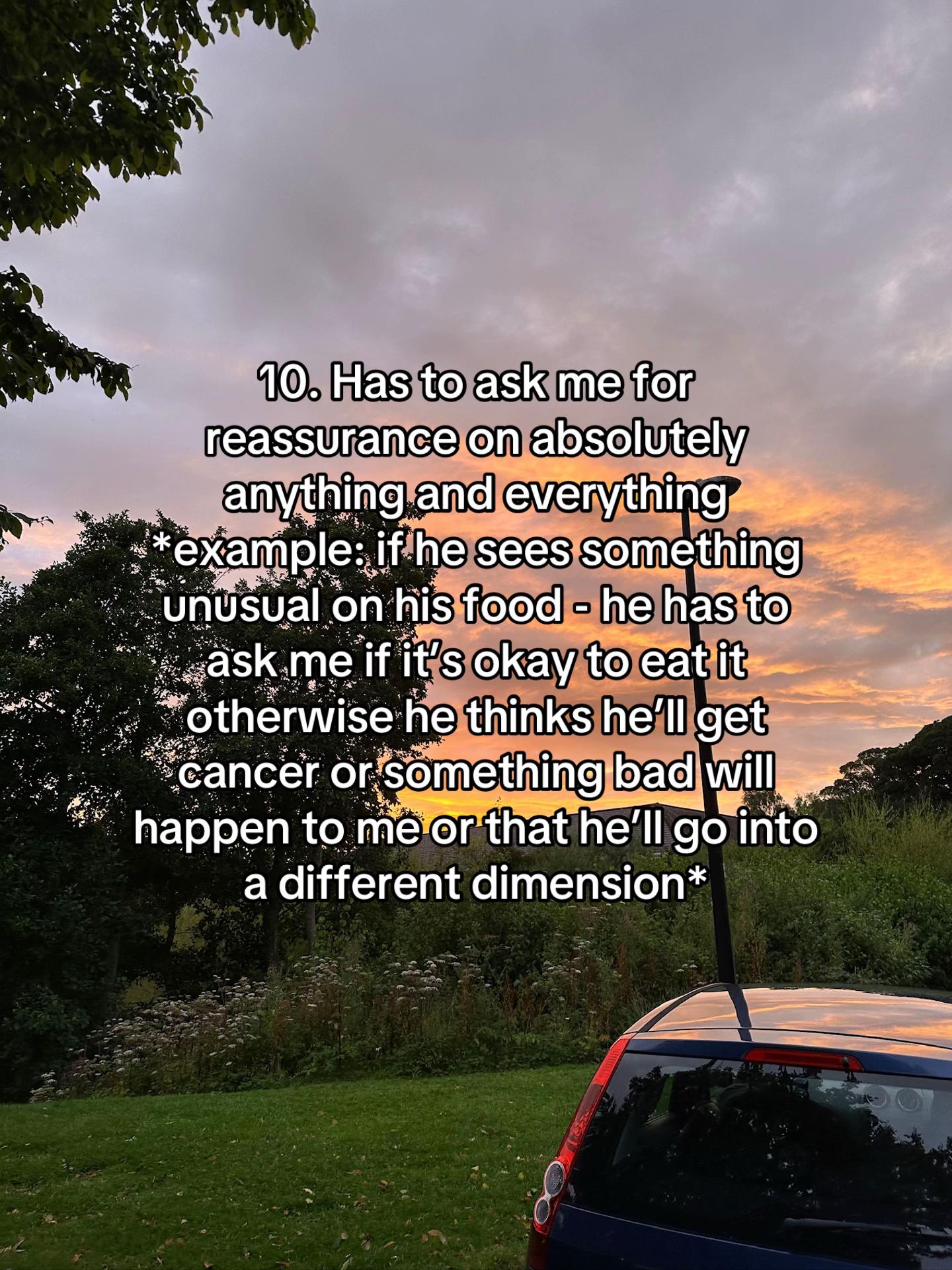

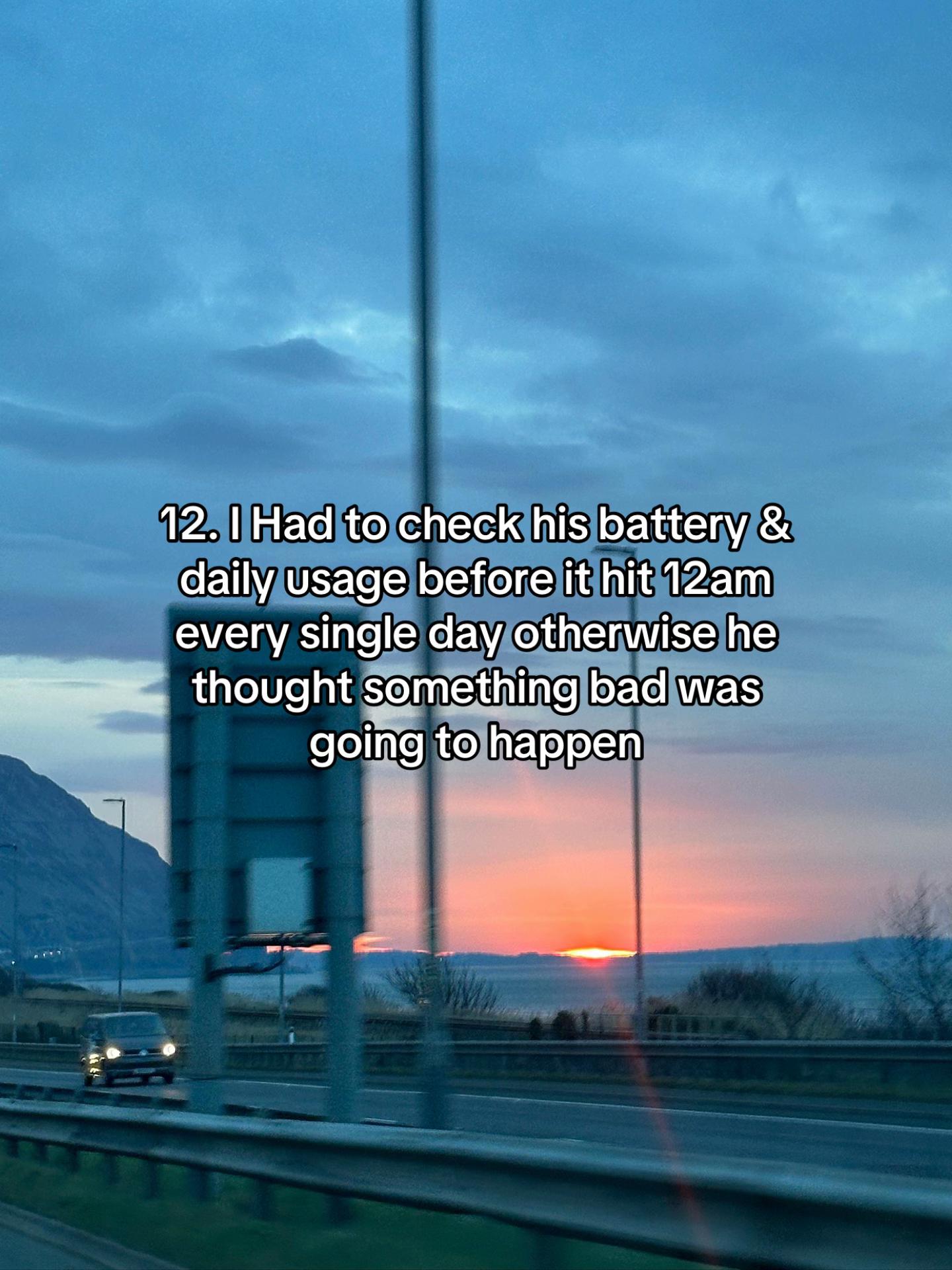
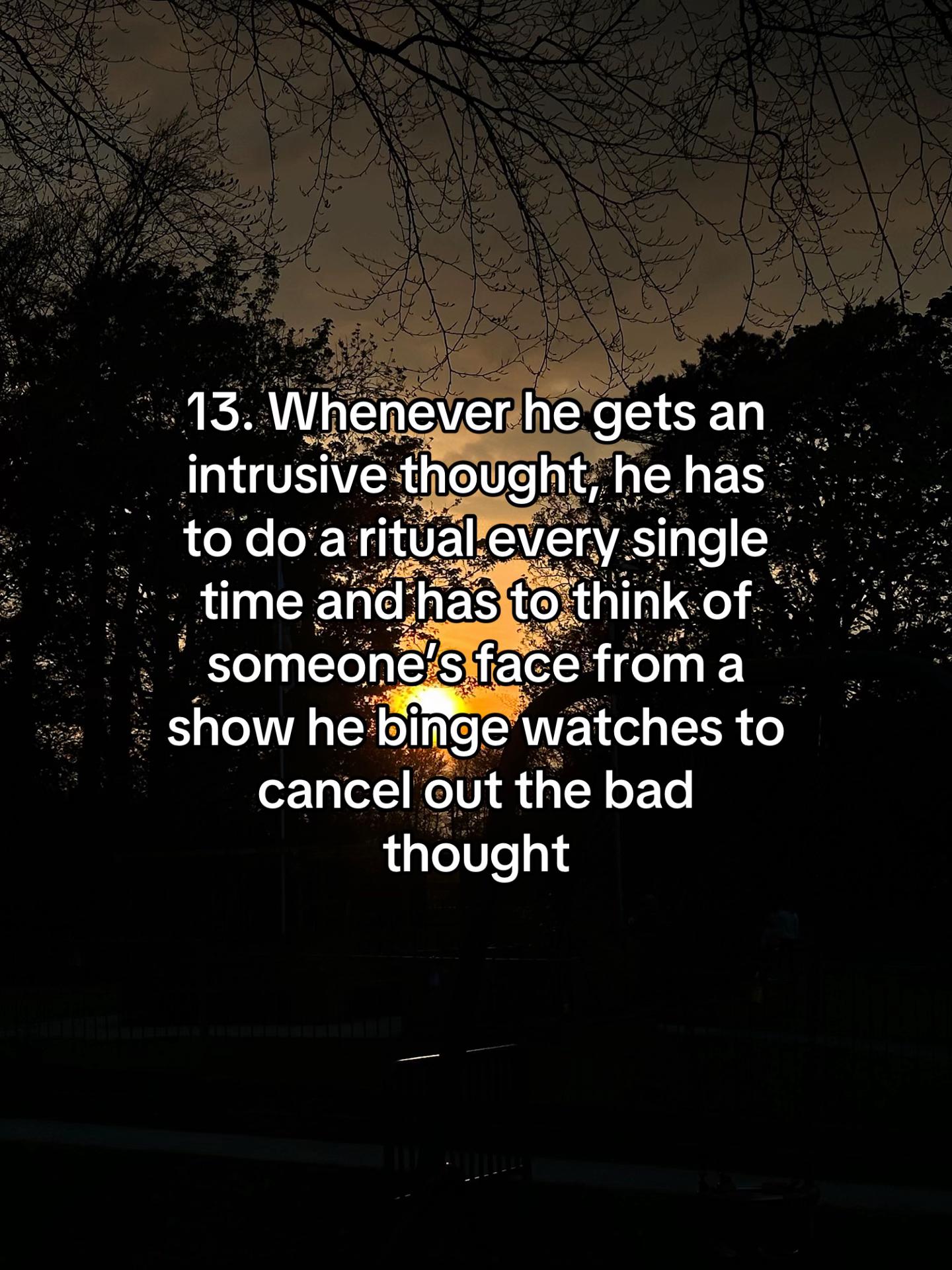
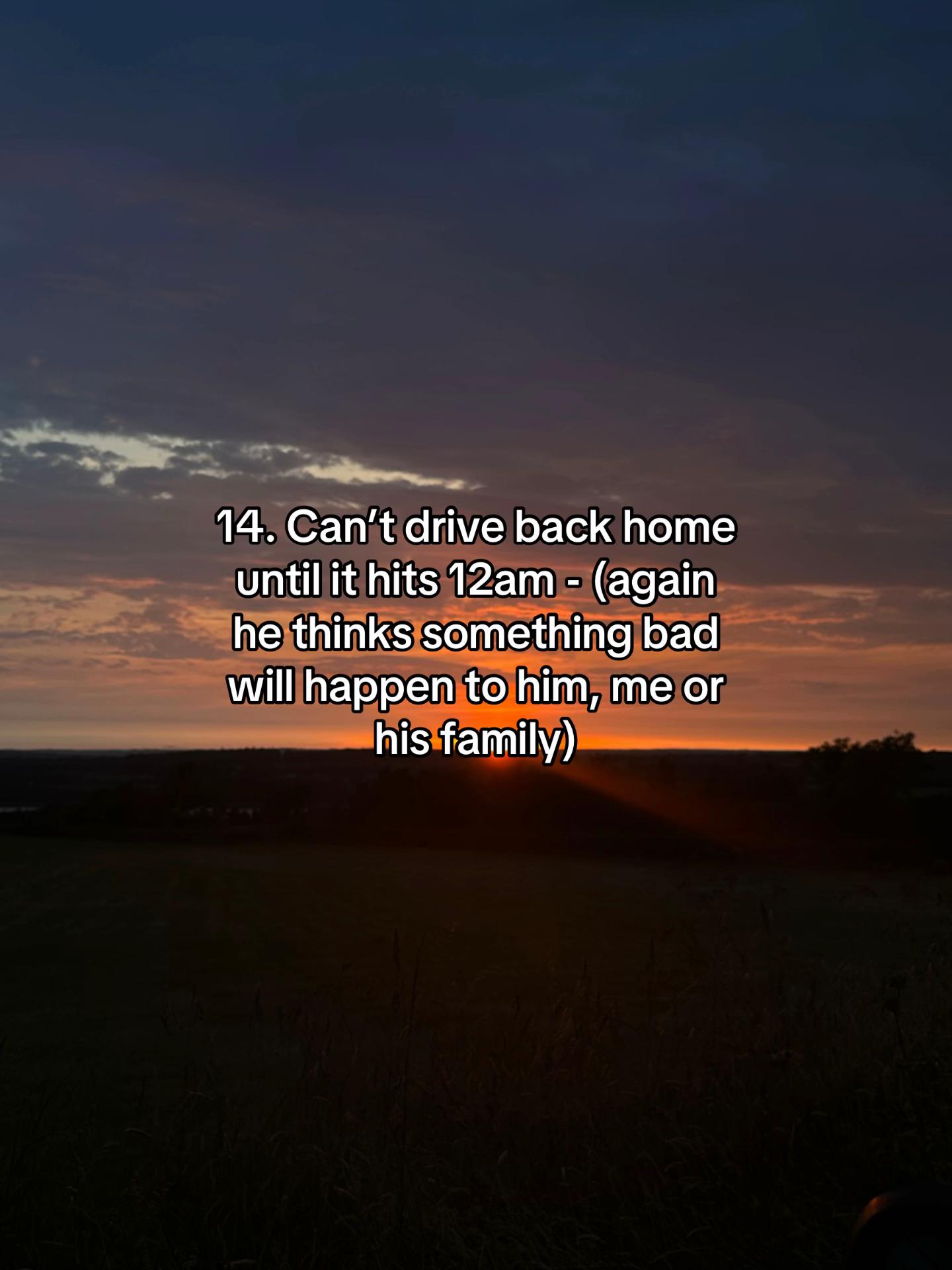
Image credits: jodieleighxx_
It may be harder for people with OCD to maintain relationships, but it is not impossible
OCD can make a romantic relationship difficult for both partners. Research from the 1990s shows that OCD patients are less likely to get married than people without the diagnosis. Another study from 2016 reportedly showed that about half of OCD patients are unable to maintain a romantic relationship in the long run.
Such statistics may sound scary, but they do not mean that every relationship in which a partner has OCD is doomed. Plenty of people diagnosed with OCD are able to have happy and fulfilling relationships. The Chief Clinical Officer at NOCD, the leading virtual provider of OCD therapy, Patrick McGrath, PhD, explains that living with and supporting someone with a chronic mental condition can seem tiresome.
“Over time, the partner of someone with OCD could feel like ‘This isn’t the relationship that I want,’ because it becomes more about providing reassurance versus having a mutual, fulfilling partnership,” Dr. McGrath says. But if the relationship doesn’t devolve into being all about the partner’s OCD, it’s still about the love that the couple shares.
The two primary symptoms of OCD are obsessions and compulsive behaviors. In the context of OCD, ‘obsessions’ mean intrusive thoughts. Most people have them, but people with OCD have them more often and feel more distress because of them. These intrusive thoughts drive people to compulsions: behaviors that might alleviate the distress or prevent perceived bad outcomes.
In real life, these behaviors might include checking that the doors are locked repeatedly or counting every step when going for a walk. If the OCD is untreated, the behaviors can worsen, as we see from Jodie’s post.
After her first set of slides garnered attention, she shared even more behaviors that her BF’s OCD triggers
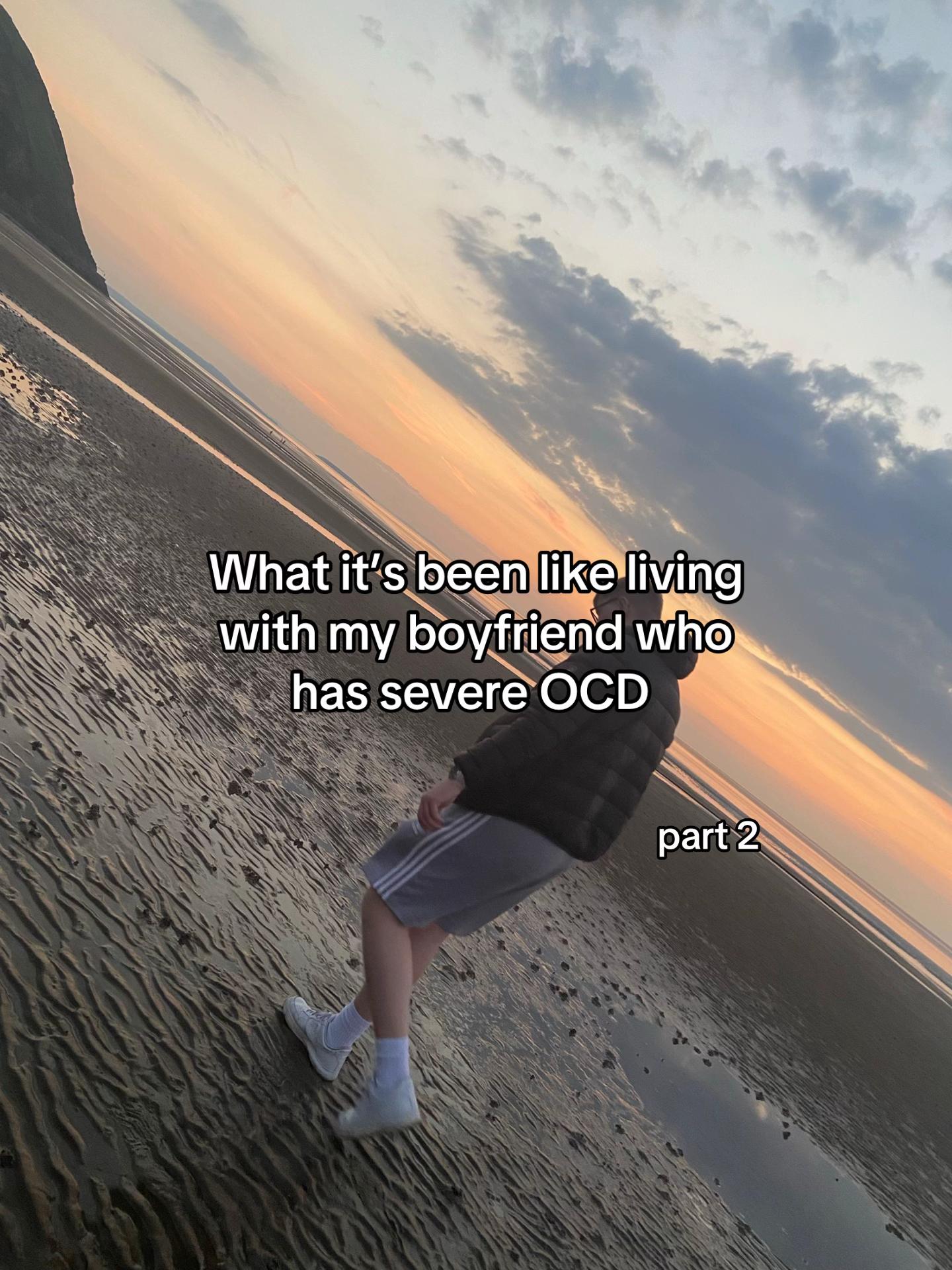
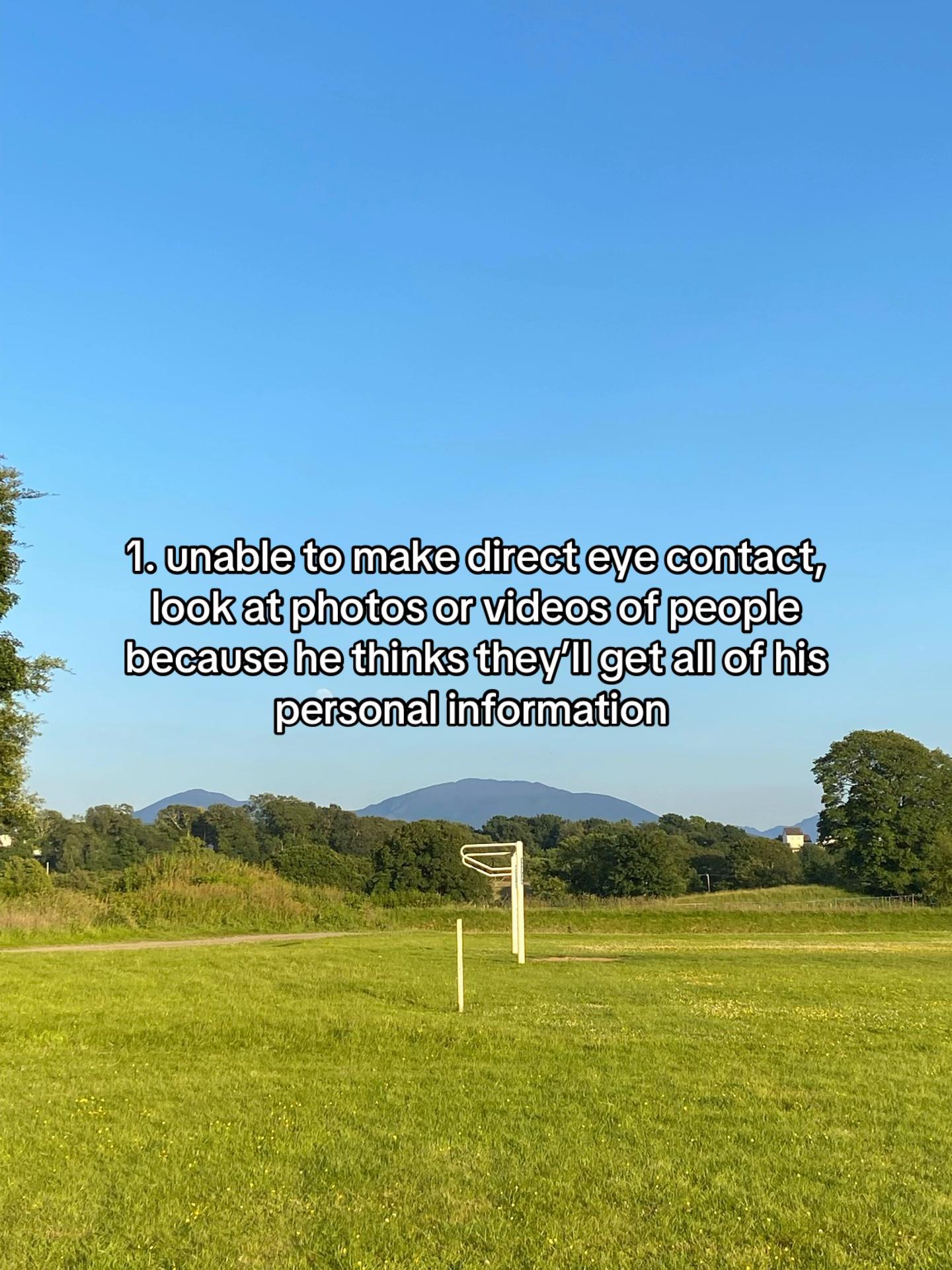

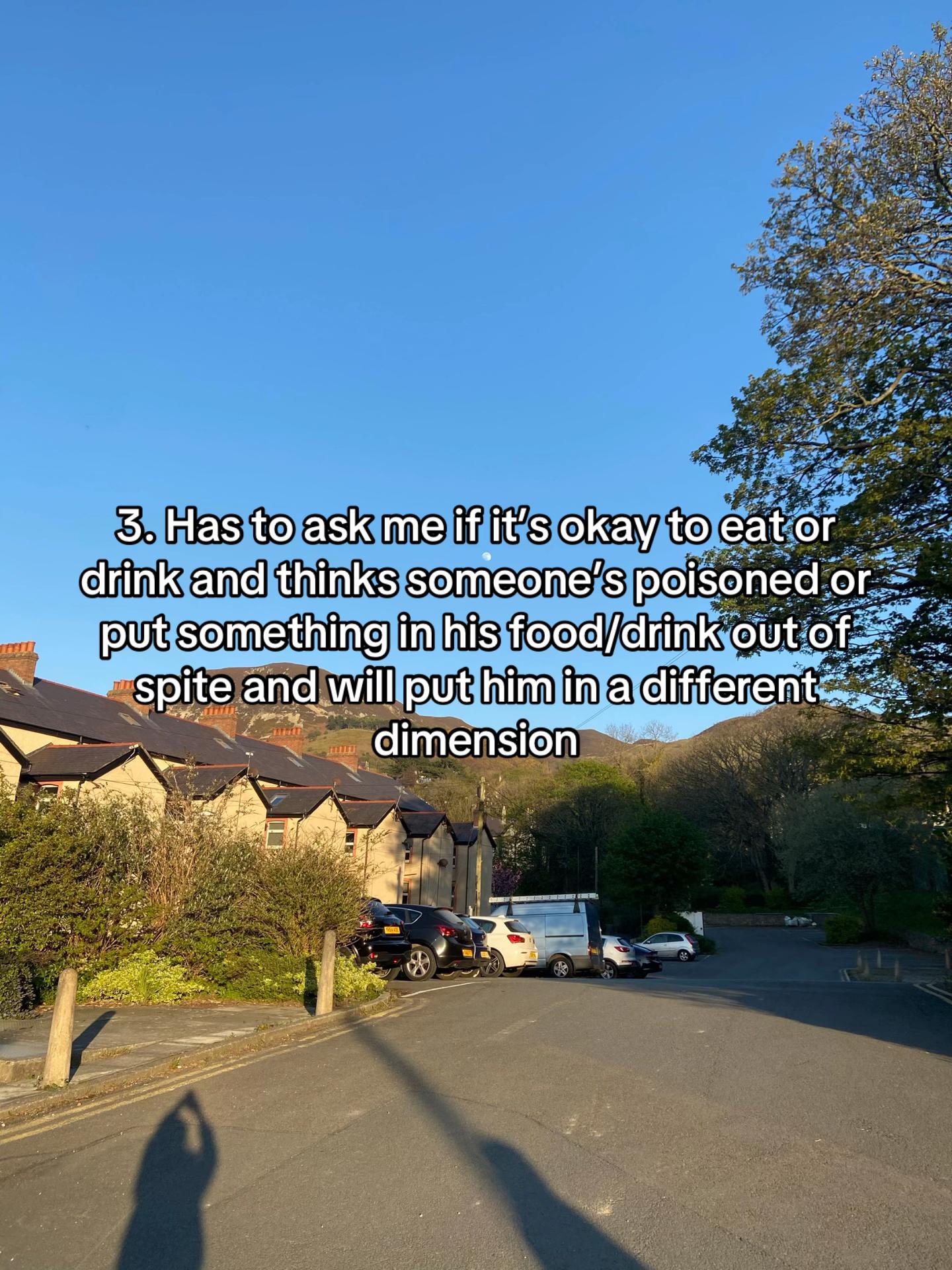

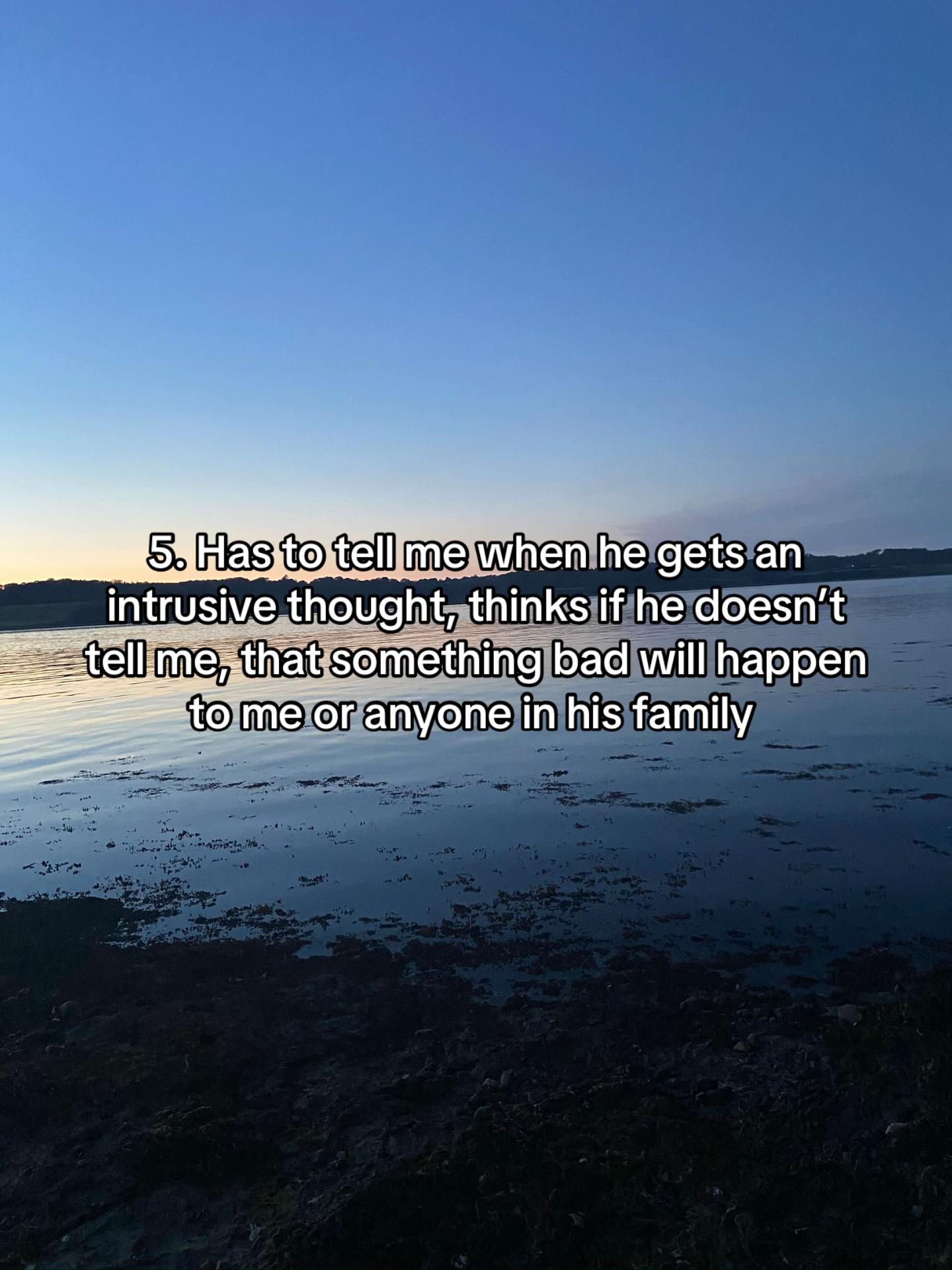
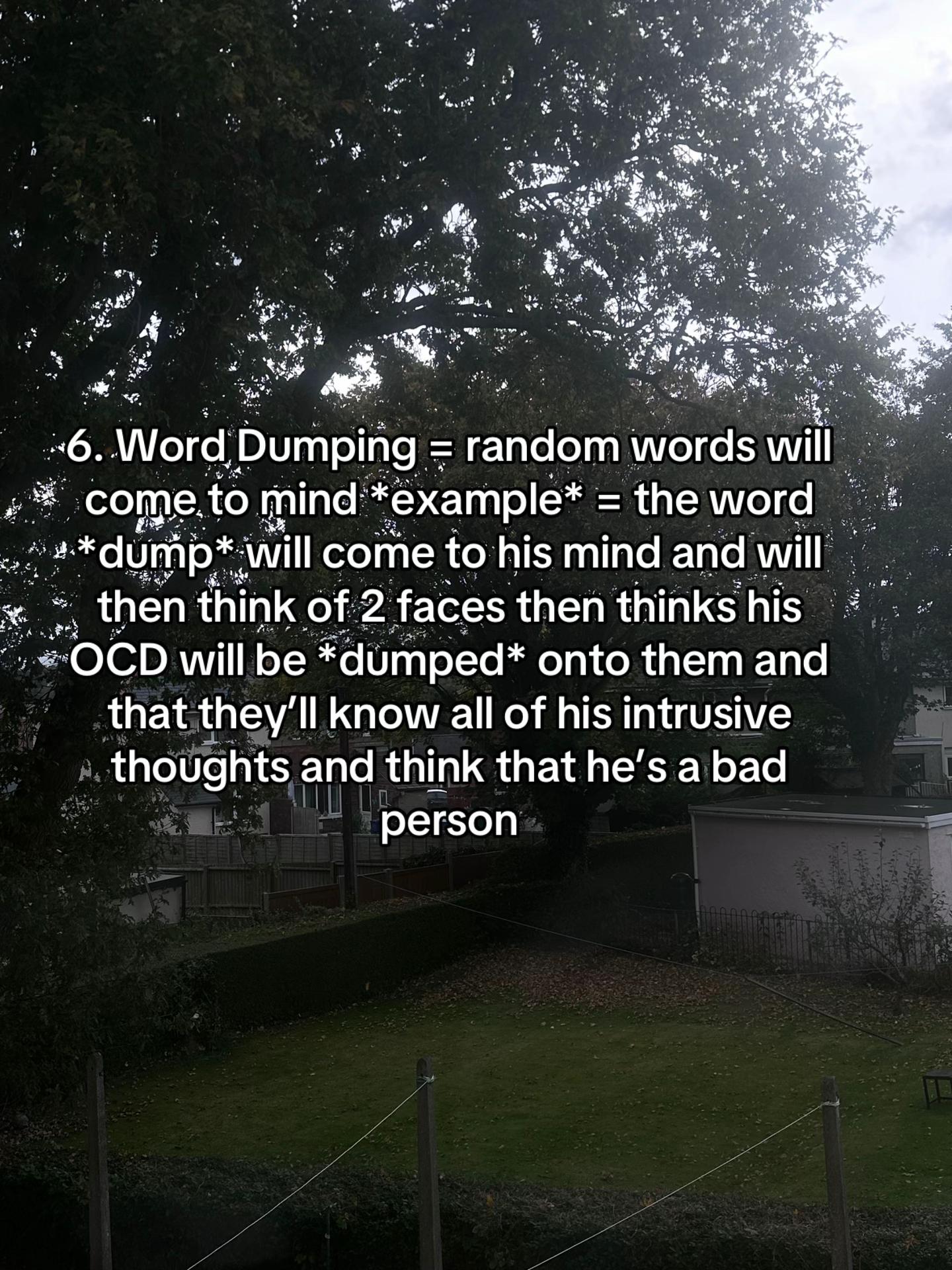
Image credits: jodieleighxx_
The worst thing a partner can do is enable a person with OCD’s compulsive behaviors and thoughts
If you’re a partner of someone who has OCD, there are some things you should know about what to do and what not to do. Here are some tips that experts note most often:
- Get as knowledgeable about OCD as possible. Research, educate yourself, and read up on OCD as much as you can. Dr. Patrick McGrath recommends the book Loving Someone With OCD by Karen J. Landsman, Kathleen M. Parrish, and Cherlene Pedrick.
- Help them find the right treatment. For patients with OCD, professional treatment is crucial, and experts most often recommend ERP, or exposure and response prevention therapy. According to clinical psychologist Owen Kelly, PhD, partners can help pinpoint “the true nature and severity of symptoms.” They also look out to make sure the patients are following their medication and treatment regimens.
- Don’t give in to their need for reassurance. People with OCD look to their partners to reassure them of their intrusive thoughts. For a person who just wants their partner to feel better, this might seem counterintuitive. But, as Dr. McGrath points out, “No one has gotten better by getting more reassurance.” Instead, steer the conversation away or respond with “I can’t answer that right now” or “It must be hard dealing with such distress.”
- Don’t enable their obsessive behaviors. Don’t encourage their OCD by asking things like, “Did you double-check the stove?” or “Did you really lock the doors before leaving?” It doesn’t ease their fears and only makes their OCD worse. Don’t participate in their compulsions either; if they ask you to wash your hands together every time, set a boundary and say, “No.”
As commenters under Jodie’s videos pointed out, self-care is important for the partners of individuals with OCD. Whether that’s guided meditation, support groups, journaling, or immersing yourself in a hobby, taking time for yourself is important if you start to feel that the stress is getting overwhelming.
Commenters applauded the woman for staying with her partner and supporting him through this
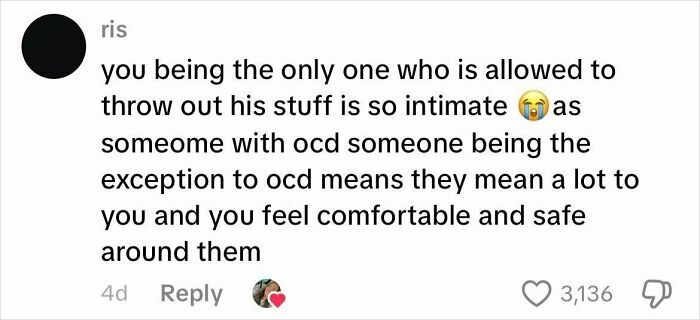
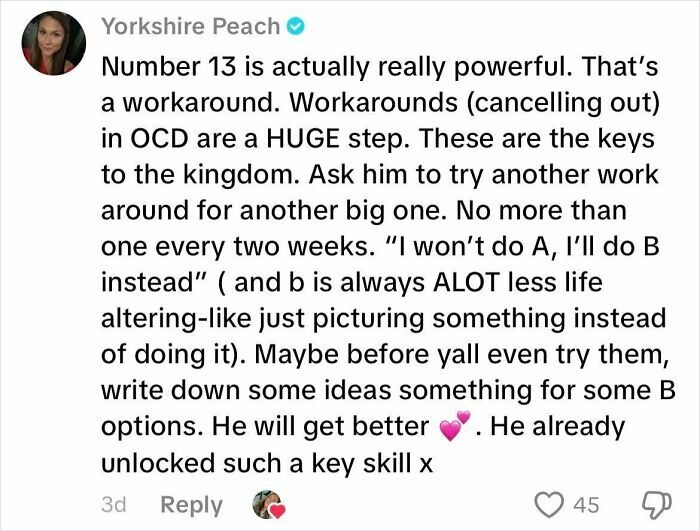


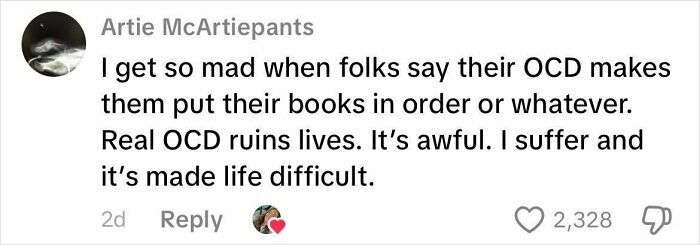




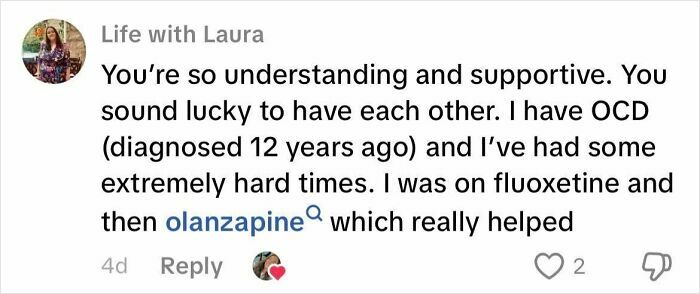
Those diagnosed with OCD and their loved ones shared their personal stories
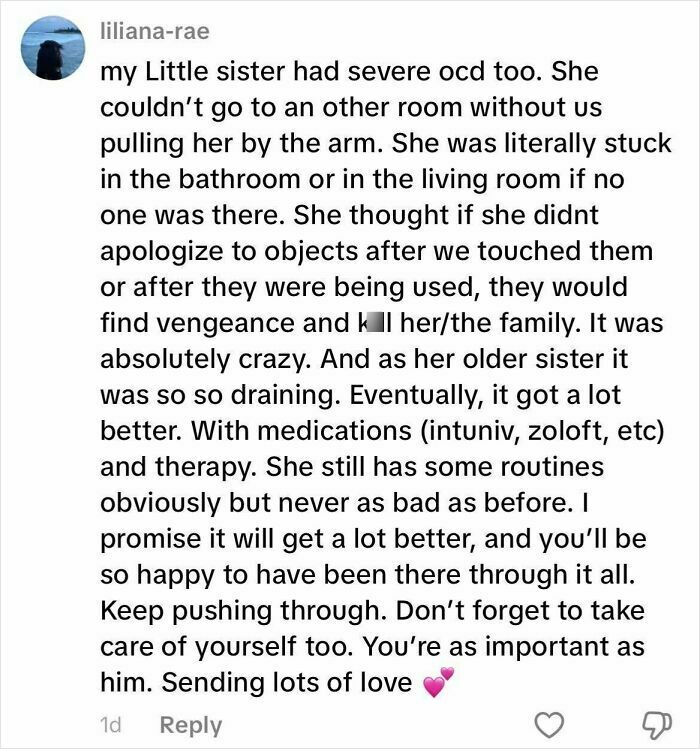
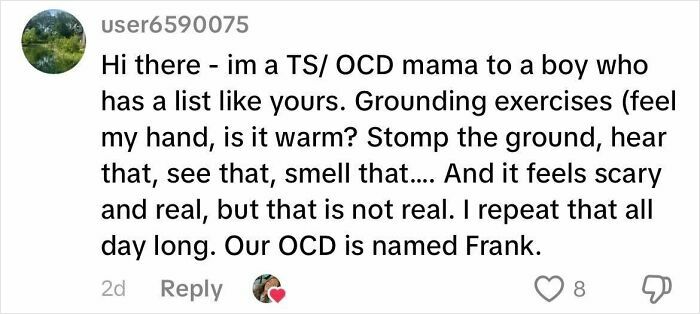
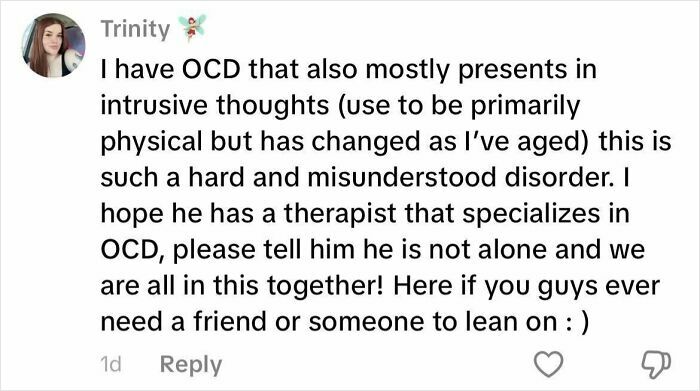
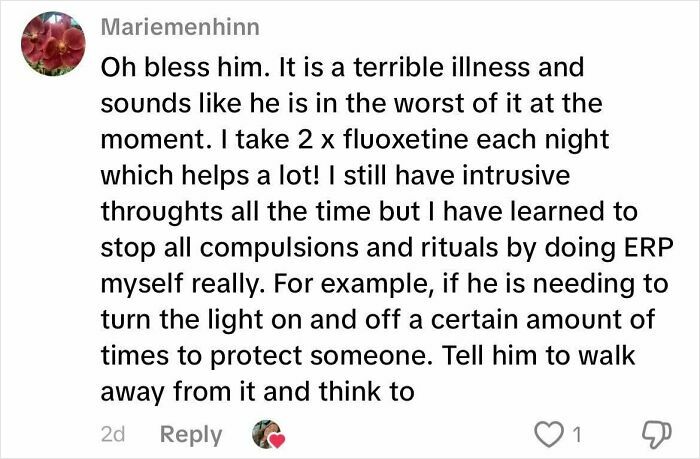

Others offered much-needed advice: “Be compassionate but ensure you look after yourself”
